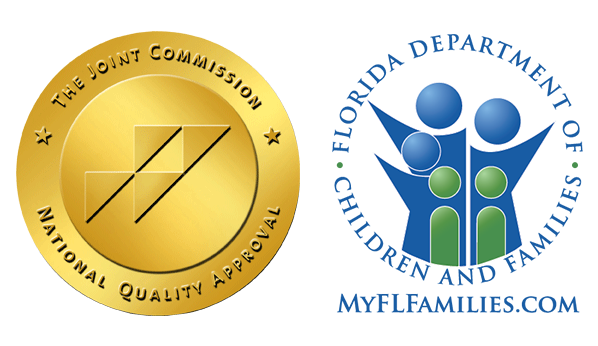At Beachcomber Recovery Center, we are dedicated to educating the public about the dangers of various substances and providing support for those struggling with addiction. One such substance that has gained popularity, particularly among young adults, is MDMA, commonly known as Molly. Understanding what is Molly and its potential dangers is crucial for prevention and recovery efforts. In this article, we will explore the nature of Molly, its effects, and the risks associated with its use, as well as address the question: Is Molly addictive?
What is Molly?
MDMA (3,4-methylenedioxymethamphetamine), often referred to as Molly, is a synthetic drug that alters mood and perception. It is chemically similar to both stimulants and hallucinogens, which produces feelings of increased energy, pleasure, emotional warmth, and distorted sensory and time perception. Understanding what is Molly begins with recognizing that it is typically used recreationally, particularly in settings like parties, clubs, and music festivals.
Molly is often marketed as the pure crystalline powder form of MDMA, distinguishing it from Ecstasy, which is typically sold in pill form and may contain other substances. However, the reality is that Molly can also be adulterated with other drugs, making its use even more dangerous. Users often believe that they are consuming a pure substance, but tests have shown that many Molly samples contain a mix of harmful additives, including synthetic cathinones (bath salts), which can cause unpredictable and severe health effects.
The Effects of Molly
The effects of Molly usually begin within 30 to 45 minutes after ingestion and can last for several hours. Users report feelings of euphoria, increased sociability, and a sense of emotional closeness with others. These effects make Molly particularly popular in social settings.
However, alongside these seemingly positive effects, Molly use can also result in negative physical and psychological reactions. Short-term side effects can include:
- Nausea
- Chills
- Sweating
- Muscle cramping
- Blurred vision
- Teeth clenching
More severe reactions can include:
- Anxiety
- Agitation
-
Paranoia
- High blood pressure
These severe effects can be life-threatening, particularly in environments where users are physically active and potentially dehydrated, such as at music festivals or clubs.
Is Molly Addictive?
A common question we encounter is: is Molly addictive? The answer is complex. While MDMA is not traditionally considered as addictive as substances like opioids or methamphetamine, it can still lead to dependence and abuse. Regular users can develop a tolerance, requiring more of the drug to achieve the same effects. This can lead to increased usage and a higher risk of adverse effects.
Psychological dependence is also a concern. Users may become reliant on the feelings of euphoria and emotional closeness that Molly provides, leading to repeated use despite negative consequences. Over time, this can develop into a pattern of abuse, where the individual prioritizes drug use over other aspects of their life, including relationships, work, and health.
The Dangers of MDMA
The dangers of Molly extend beyond its immediate effects. Long-term use of MDMA can lead to significant health problems, including:
Neurotoxicity
MDMA affects the brain’s serotonin system, which is involved in regulating mood, aggression, sexual activity, sleep, and pain sensitivity. Repeated use can damage these serotonin-producing neurons, potentially leading to long-lasting issues such as depression, anxiety, memory problems, and cognitive impairment.
Dehydration and Hyperthermia
One of the most serious risks of MDMA use is dehydration and hyperthermia (overheating). This risk is exacerbated in hot environments like clubs or music festivals, where users may be dancing for long periods. Severe dehydration and hyperthermia can lead to kidney failure, liver damage, cardiovascular problems, and in extreme cases, death.
Contamination and Polydrug Use
As mentioned earlier, Molly is often not as pure as users believe. The presence of other substances can increase the risk of dangerous interactions and unpredictable effects. Additionally, users often combine Molly with other substances like alcohol, marijuana, or other drugs, which can further amplify the risks.
Treatment and Recovery
Recognizing the dangers of MDMA and understanding what is Molly is the first step toward addressing its use and abuse. Our experienced professionals are equipped to address both the physical and psychological aspects of substance use, ensuring that each client receives personalized care tailored to their specific needs. We believe in fostering a supportive and nurturing environment where individuals can heal and rebuild their lives free from the grip of addiction.
Conclusion
MDMA, or Molly, poses significant dangers that are often underestimated by users. Understanding what is Molly and recognizing its potential for abuse and dependence is crucial for prevention and treatment. If you or a loved one is struggling with MDMA use, it is essential to seek professional help. At Beachcomber Recovery Center, we are committed to providing the highest quality care and support for those on the path to recovery. Remember, recovery is possible, and we are here to help you every step of the way.











